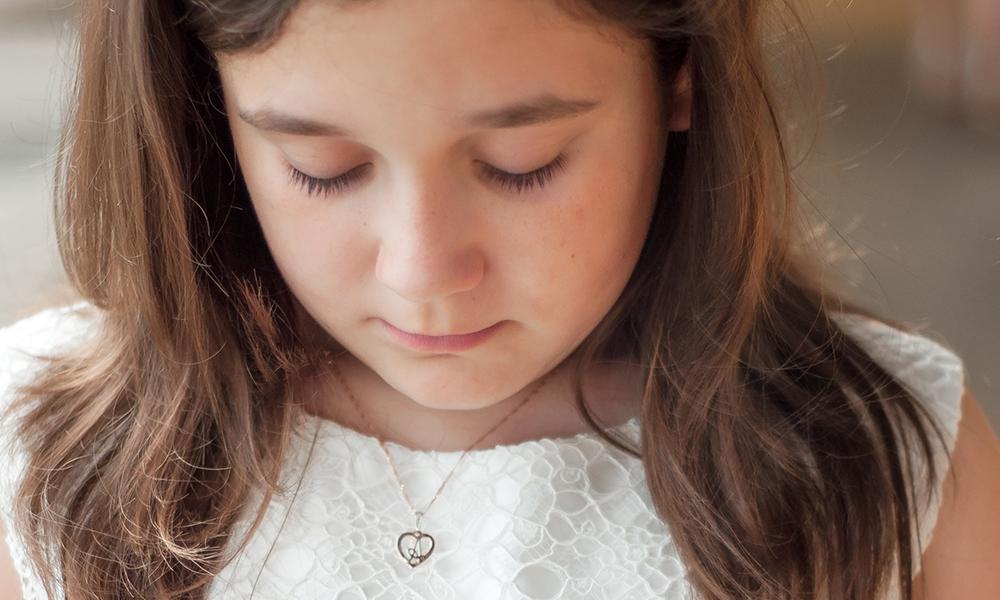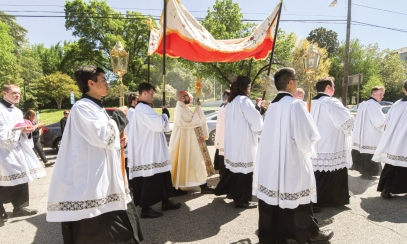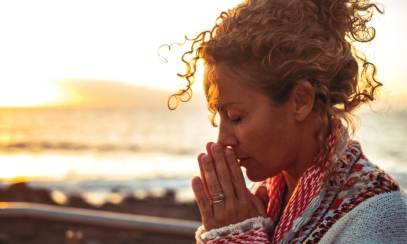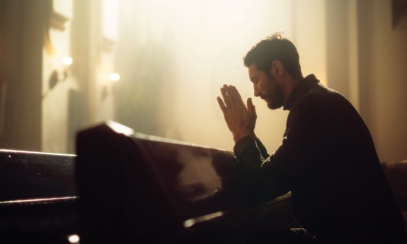
Part 7: The Eucharist
A Sacrament of Belonging and a Sacrament of Hope
A Sacrament of Belonging and a Sacrament of Hope
One of the interesting things to note when we read through the Catechism of the Catholic Church is its treatment of the Eucharist. It falls under “Sacraments of Initiation” alongside baptism and confirmation. This might seem an odd placement since the other two are non-repeatable sacraments, but it starts to make complete sense when we reflect on the gift we have been given in the Eucharist and what it calls forth for us.
One of the interesting things to note when we read through the Catechism of the Catholic Church is its treatment of the Eucharist. It falls under “Sacraments of Initiation” alongside baptism and confirmation. This might seem an odd placement since the other two are non-repeatable sacraments, but it starts to make complete sense when we reflect on the gift we have been given in the Eucharist and what it calls forth for us.
First, in the progression of the Sacraments of Initiation, the Eucharist is the last one received. Once we have received new life in baptism and deepened that grace and calling in confirmation, then we “do what the Church does” and participate in holy communion. Our full and active participation in the liturgy is part of our response to this eucharistic gift. It is part of our gift of self. Participation in the eucharistic liturgy, our reception in communion with God — and by extension with each other — makes the Eucharist a sacrament of belonging.
Recently an interesting question came across my desk asking why a Catholic couldn’t belong to another Christian tradition and to the Catholic Church. The answer to this question is multifaceted and nuanced, but it ultimately points us back to the communion we experience in the Eucharist. While we share much of the foundational and important aspects of faith with our siblings in other denominations, we do not share everything. Our understanding of and reverence for the Eucharist is much different than other Christian denominations and traditions that do not share our belief in Real Presence.
Membership in a denomination includes the acceptance of the beliefs of that faith community. We couldn’t publicly express belonging to another Christian denomination because that would represent our acceptance of those things upon which we agree and imply our acceptance of other elements where we might not find agreement (our understanding of Real Presence).
This stance is not meant to be disrespectful to our siblings in Christ. Quite the contrary, it is a sign of respect that we take their understanding seriously enough to recognize our divergences and not water them down into an amorphous abstraction of beliefs. This latter approach — simply overlooking any differences — would actually be dismissive of the theology and teachings of other denominations.
This is the reason that, even though it is sometimes a difficult message to communicate, we ask those who are not Catholic to refrain from receiving the Eucharist when they are worshiping with us. It comes from our awareness and respect for the differences between our traditions. It also serves to highlight the work that needs to continue to be done in reconciling our differences — and that our Christian work is not complete, until “… they may all be one, as you, Father, are in me and I in you, that they also may be in us” (Jn 17:21).
The sacrament of unity and belonging highlights wounds, sometimes deep wounds, that still need healing. Far from being a cause for consternation, this should inspire hope. Christ, who gives himself fully to us in the Eucharist, is the one who is responsible for salvation — not us. As the resurrection teaches us, Christ excels at bringing hope and forging a path forward when we think we’ve reached an impasse. The belonging and union (communion) celebrated in the Eucharist points us to what we hope to share among all Christians here on earth and ultimately in eternal life.
We also realize that we find ourselves in the “already, but not yet” tension that is characteristic of Jesus’ message of the Kingdom of God throughout the New Testament. The Eucharist is a powerful experience of this tension — a tangible expression of heavenly communion made possible by the Real Presence of Christ. This true presence is veiled by, and yet made accessible through, earthly or everyday appearances.
Let us look to the Eucharist as the visible expression of both belonging and hope.
Michael Martocchio, Ph.D., is the secretary of evangelization and the director of the Office of Catechesis and Christian Initiation. Email him at mmartocchio@charlestondiocese.org.



